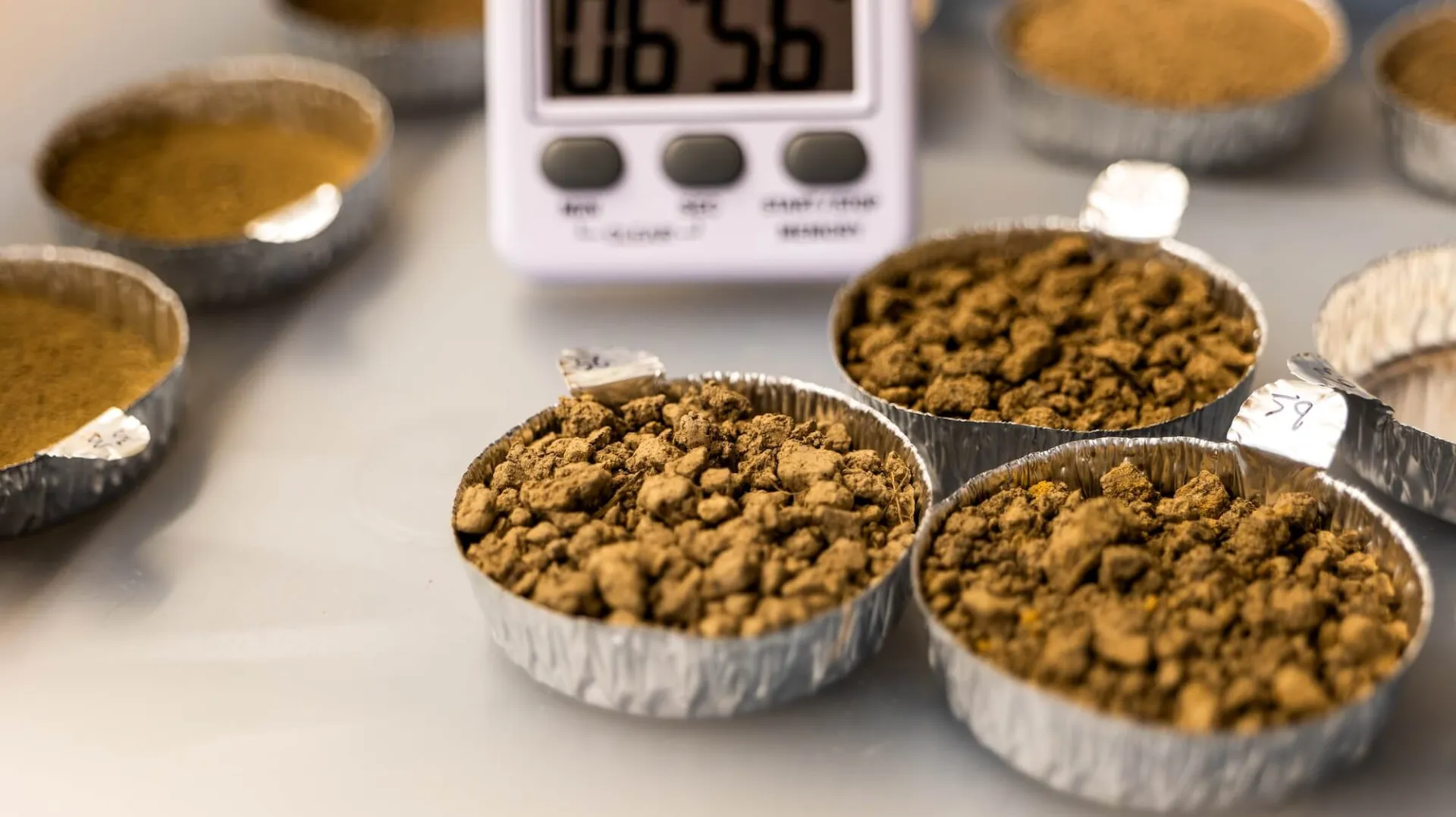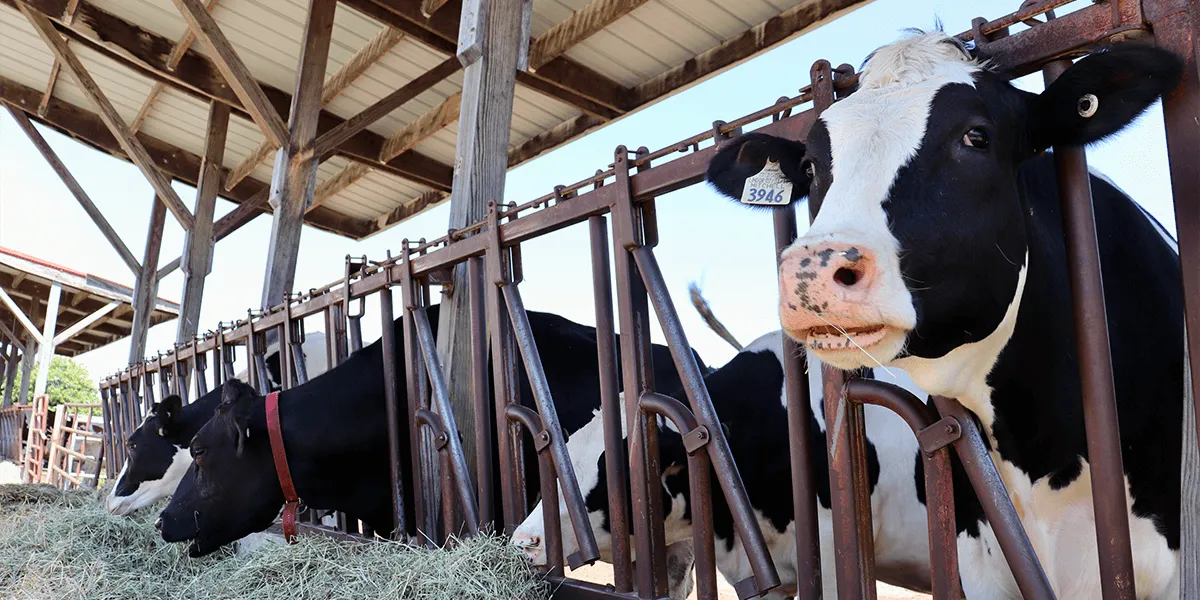The University of Vermont's new Soil Health Research and Extension Center (SHREC) is set to revolutionize soil health research in Vermont. Starting this Earth Day, SHREC will begin accepting soil samples and offer local testing that provides better insights into Vermont's unique soil conditions.
Vermont farmers are naturally concerned about their soil because the type and quality of soil play a large part in what crops they can grow, but until now have not had access to testing that was calibrated specifically to this region. UVM previously sent soil samples out of state for testing, but Deborah Neher, Soil Ecologist and Associate Director of SHREC said that farmers didn’t feel these tests gave them useful information. Out-of-state labs are calibrated nationally and not specifically towards the Vermont region. “Farmers wanted to make sure they have tests that are really responding to the management practices they’re implementing,” said Neher.
Wanting to respond to farmers, Neher, Joshua Faulkner, Soil Hydrologist and Director of SHREC, and other UVM researchers formed the SHREC. SHREC is a new cross-disciplinary research hub focused on advancing integrative soil health in Vermont. “Two big things the farmers are asking for is test results that reflect their management practices and measurements that reflect the biology of the soil, “said Neher. “So those are the two pillars that are really behind the mission and vision of SHREC.” The new lab offers a variety of advanced soil health tests, including biological tests that provide information on the types and ratios of biological organisms in the soil, carbon and organic matter types, and aggregate stability. These tests will help farmers understand how well their soils can handle extreme weather events, like heavy storms or drought, which are becoming more common due to climate change. Additionally, SHREC offers the ACE protein test, which measures the amount of organic nitrogen available in the soil, which provides a more complete understanding of total nitrogen, a critical factor for soil fertility.
SHREC stands out for its farmer-focused approach with explicit effort at ensuring that research and test results are accessible and useful to farmers. This relationship is key to helping Vermont farmers be more productive, environmentally sustainable, and resilient to climate change. Faulkner explained, “We wanted extension to be a core part of this from the beginning so that we’re not just producing test results for researchers. Research is very important but ultimately, we want farmers to be able to access the tests we’re providing and to use that information and really put it to use in their farming.”
SHREC will also engage in various outreach activities to support farmers and agricultural providers across the state with UVM Extension. Led by Neher, Faulkner, and UVM Extension Professor Heather Darby, SHREC will work closely with farmers and agricultural providers to provide practical research, outreach, and education. “We want this to be very informed and responsive to the needs of the region’s stakeholders, so we're planning to form an advisory committee that involves farmers, extensionists, agency and conservation personnel, and some university folks to help guide our mission here at SHREC,” said Faulkner. The center will organize workshops, focus groups, and field demonstrations to ensure that farmers can fully benefit from the research and services provided by SHREC and help shape new efforts in the future.
SHREC is funded by the UVM's Food Systems Research Center (FSRC). To connect with SHREC, visit go.uvm.edu/shrec.
About the FSRC:
The Food Systems Research Center (FSRC) at the University of Vermont (UVM) funds people and planet centered collaborative research that connects disciplines and communities to answer complex food systems questions.
This story is an example of the work of the University of Vermont Planetary Health Initiative, which supports research and education related to the link between the health of human societies and the environment and fosters innovative approaches toward a healthier future for people and planet.



